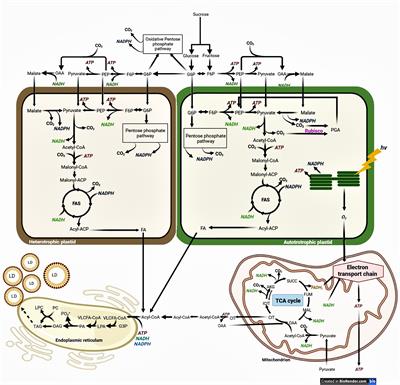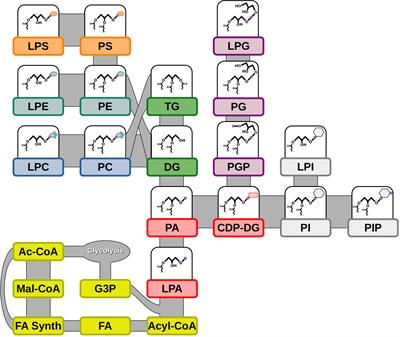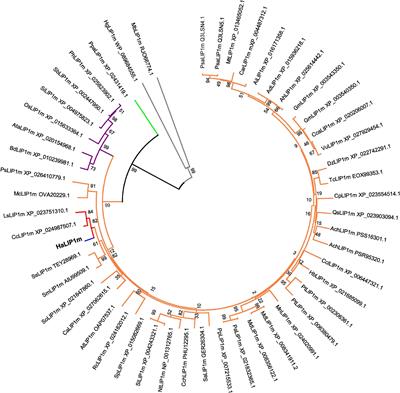EDITORIAL
Published on 08 Aug 2023
Editorial: Metabolic architecture of developing seeds and grains
doi 10.3389/fpls.2023.1258353
- 748 views
5,720
Total downloads
24k
Total views and downloads
You will be redirected to our submission process.
EDITORIAL
Published on 08 Aug 2023
ORIGINAL RESEARCH
Published on 06 Jun 2023

REVIEW
Published on 26 Jan 2023

ORIGINAL RESEARCH
Published on 09 Nov 2022

ORIGINAL RESEARCH
Published on 05 Aug 2022

ORIGINAL RESEARCH
Published on 14 Jul 2022

ORIGINAL RESEARCH
Published on 18 Nov 2021

